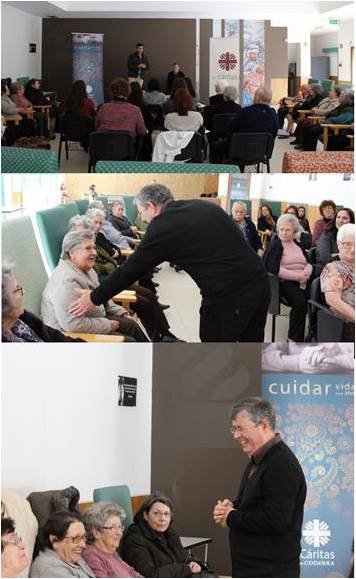Cáritas Coimbra launched the pilot project IdoVis – Elderly Visitors of Other Elderly
Cáritas Coimbra launched the pilot project IdoVis – Elderly Visitors of Other Elderly
Cáritas Coimbra held the first training session of the pilot project IdoVis – Elderly Visitors of Other Elderly, on the 10th march.
The project has the support and partnership of Ageing@Coimbra, by Professor João Malva and the Nursing School of Coimbra, with the participation of Professor Rosa Melo.
The session began with the official launch of the project held by the President of Caritas Coimbra, Pe. Luis Costa and was then energized by Prof. João Malva who spoke to those present about the age and the aging process, explaining in an accessible and motivating how the brain works and the importance of emotions in interaction with people “of higher age”. It was an afternoon very appreciated by the 21 elderly and about 10 technicians who will participate in this project over the next few months.
Caritas of Coimbra detected, in an informal needs diagnosis made in 2015, that the biggest need was the request made by the elderly of other people to talk to and get along – the need for human presence and the creation of new affection ties seems be the greatest touchstone in increasing the quality of life of these people.
The second more focused point was the need to increase literacy of the elderly population in health. In this sense, the possibility of using training strategies that recognize the elderly as a caregiver and not as the object of care, can increase their content retention capacity, the internalization of concepts and, ultimately, its application in their everyday life, thus increasing the ultimate goal of health promotion.
To add to this, it was also highlighted the need of an innovative program of activities for autonomous elderly, with the potential to optimize their quality of life, towards a more active aging.
These three vectors of diagnosis led to the project IdoVis, which will form and implement a group of independent elderly that will visit other elderly, which are not autonomous, bringing a more informal and humane approach to the users of these services, which are in isolation or without family support.
On the 15th the second training session will be held, led by Enf. Rosa Melo, who will train the elderly on the technical visits and interaction “with Humanitude”.


Deixe uma resposta
Tem de iniciar a sessão para publicar um comentário.